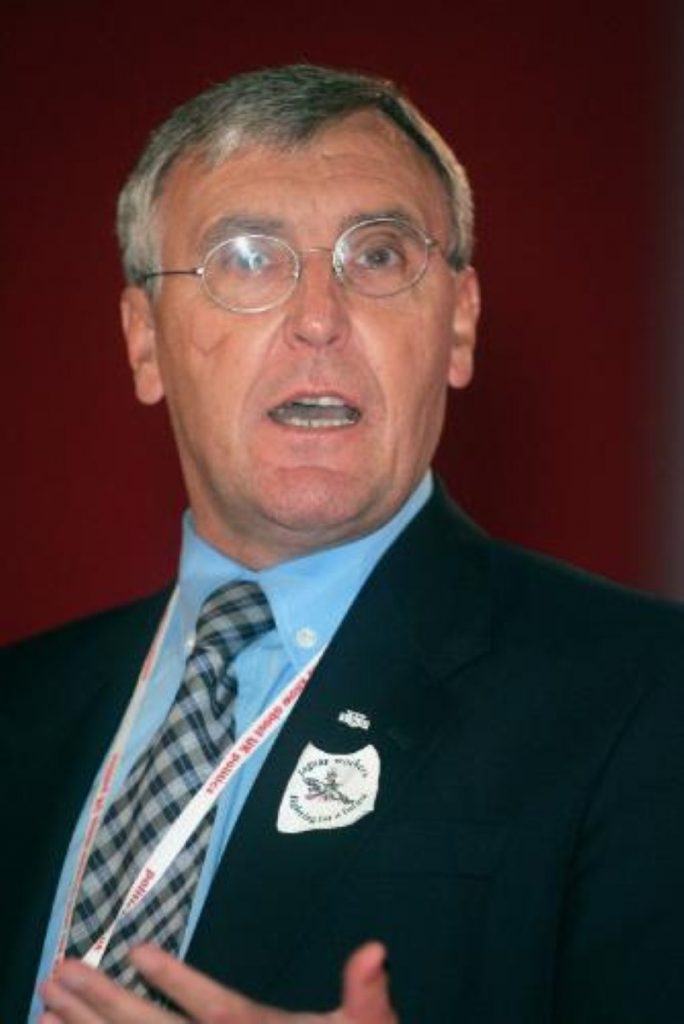GMB backs out of ‘super-union’ merger
Two of Britain’s biggest unions have promised to go ahead with their plans to merge after members of a third union voted to remain a separate organisation.
Plans to merge the Transport and General Workers union (T&G), Amicus and the GMB have been in the pipeline for months, following concerns of declining influence both with the Labour leadership and in the global economy.
Membership of most unions is falling, and the new ‘super-union’ was designed to give workers a stronger voice and, by eliminating competition, make them more effective.
But yesterday the GMB announced that, after consultation with its members, it was no longer interested in a merger. A spokesman added: “We extend our very best wishes to the T&G and Amicus in their future discussions.”


In a joint statement, the T&G and Amicus general secretaries said they were “disappointed” at the GMB’s decision, which they regarded as a “missed opportunity”.
“[We] will now proceed with our planned creation of a new union to meet the great challenges facing working people in the 21st century,” they said.
“[It will be] a democratic and campaigning union which will fight back for employees in the workplace, will take trade unionism out to the millions of unorganised workers, will stand up for equality for all and advance its members interests politically.
“Such a new union will, we believe, rapidly become attractive to other unions in this country and will also build ever-stronger links with trade unions around the world as we confront the opportunities of the globalised economy.”
Last weekend, former T&G general secretary Lord Morris warned that the “march to mega-unions and mega-mergers” threatened the constitution of the Labour party by putting too much power into the hands of some key groups.
Unions currently have 50 per cent of the vote on conference policy decisions – although increasingly the party leadership has ignored these decisions – and have permanent seats on both the national executive committee (NEC) and the national policy forum.
“I’ve watched the last two Labour party conferences and the debate, and it seems to me that trade unions have an agenda not to promote some of the policy issues, but merely to defeat the government, defeat the platform,” Lord Morris told GMTV.












